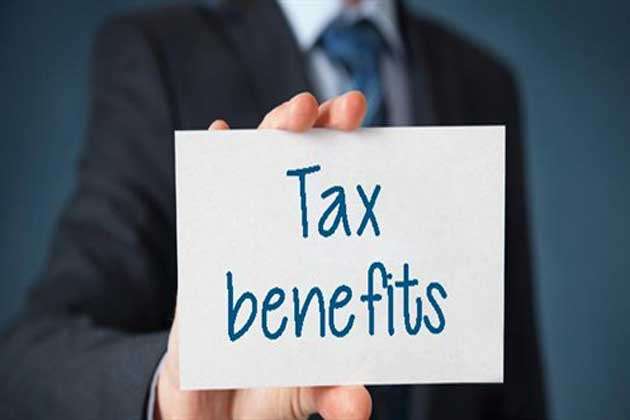The first solar array became commercially available in 1956. However, at $300/watt the expense was far beyond the means of civilians. By 1975, the cost had reduced to around $100 per watt, and the price has continued to fall by at least 10% each year since then. And currently.
There are 92.7 billion panels in place at an average cost of $3 per watt. These many units have sold because of the benefits it provides. So here are the 7 benefits which make solar a desirable choice for many owners:



- Saves money/ Lower utility bills: The most appealing factor of solar is saving money. Because in the majority of households, the cost of power has a major share of their total monthly expenses. By switching to solar, you no longer need to pay those unrealistically high power bills to those utility companies.
Especially if you live in a state where the power charges are high, switching to solar becomes a relief. The independence, the fixed rate of payment not affected by inflation, and the power to control your energy would be burden-free and life-changing.
- Increased property value: As per research by Berkeley Lab, buyers paid $15,000 more in California for a house that has a pre-installed solar system. The solar era is already here. More and more people are turning to renewable sources to maximize their budgets. So a property with solar installed has a massive upper hand and can be easily sold or rented for a higher price.
- Earn money via solar: Many states have a policy called Net Metering. Where you are paid for the excess power sent back to the grid. For example: If your solar panels generate more power than you consume and your panels are connected to the grid, then the excess power is sent back to the grid. And for this earn credit on your bill and receive cash.
- Low maintenance: There are no moving parts in solar. Due to this wear and tear cycle becomes long. So once installed the cost of maintenance is low. You may need to change batteries once 15 years. But other than that, all the maintenance is cheap or you can do it yourself.
- Tax benefit: The most popular one is Federal Investment Tax Credit (ITC). Which allows homeowners to claim a credit on their federal income taxes equal to 26% of the cost of their solar installation.
Also on top of the Fed, many states offer separate tax incentives for solar installation. But this may set to decrease as the years go on. So early adopters have a massive advantage. Because the new rates won’t affect the old installers.
- Healthy: Unlike fossil fuels which release harmful pollutants. Producing electricity from sunlight does not release any harmful substances into the atmosphere. It’s nature friendly and harmless. Also, it does not deplete natural resources like water or coal. As climate change has already begun, the responsibility has to be taken on an individual level to stop it and make the planet a sustainable place.
- Renewable: Touching on the last point, you own the power. Not for a year or a decade but for eternal. As famously Elon said:
“The amount of energy that reaches the earth from the sun is staggeringly high. If you take the nuclear plants and you take its current output and compare that to solar panels in the area used by the nuclear power plants, The solar panel put on that area would typically generate many times over.”
All this makes Solar the best next source of energy. Even though it’s been for a decade now, there are a lot of myths and confusion revolving around it. But still, if you ask: What’s the best time to invest in solar? I would say: Right now, Today.
Because anyway everyone is going to turn solar one day. And most people are going to finance it by taking a loan.
If you wait for another two years before switching, you are making solar two years’ worth of payments more expensive. Because you could have spent the last 24 months paying down a third of your system already. Instead, you’re paying the bill to SDG&E. And no matter how much you pay to the utility company, you never get to own the power. But in solar, once the payback period is over, you are the one who is in charge.
To know: How to calculate your payback period. Read this

